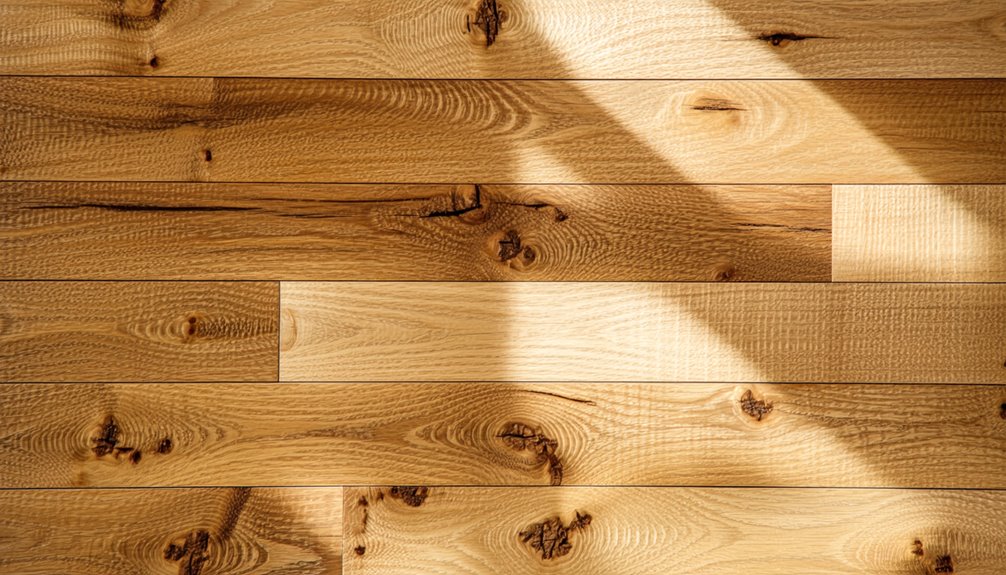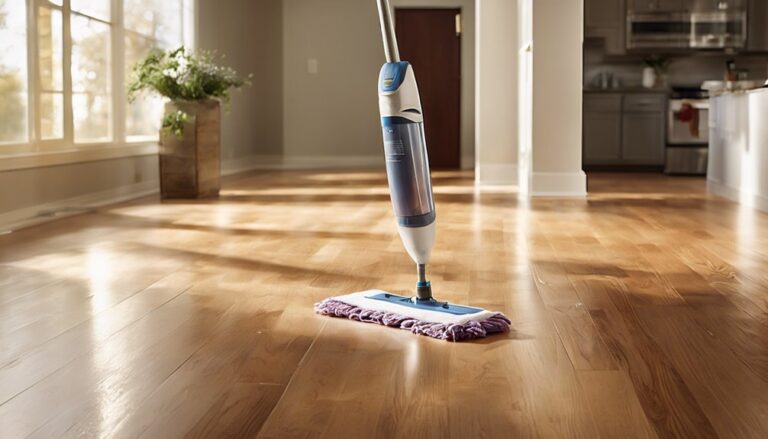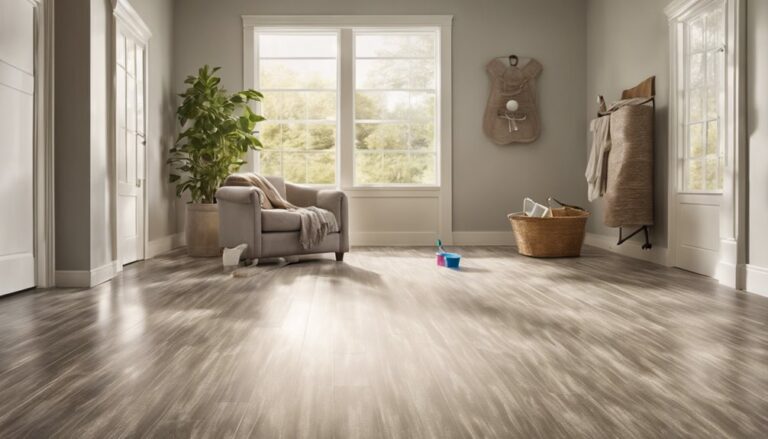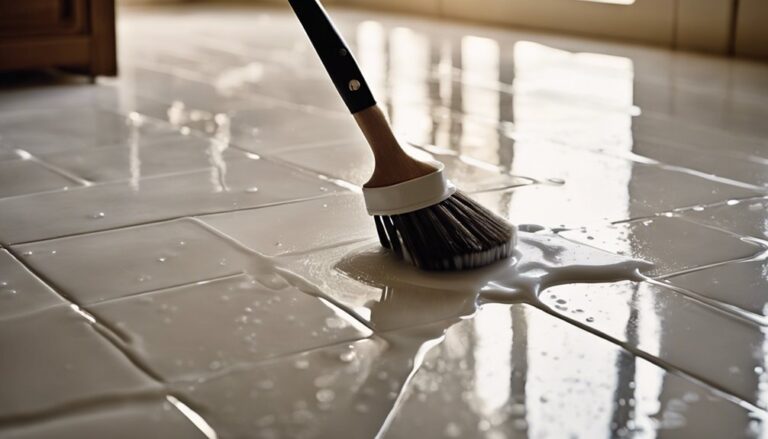エンジニアードハードウッドフローリングは、主に高密度ファイバーボードまたは合板などの複合材料を多層に重ねた上に、天然木のベニヤ板を貼り合わせた構造です。この構造により、無垢材に似た外観を保ちながら耐久性が向上し、湿気や反りに対する耐性が約30%向上します。キッチンや地下室など、湿度の変動が激しい空間に最適です。人の出入りが多い場所には接着剤で固定する工法、DIY作業が簡単なフローリングなど、様々な方法で設置できます。定期的な埃の除去や丁寧な清掃など、適切なお手入れとメンテナンスを行うことで、美しさと長寿命を維持できます。この多用途フローリングについて、さらに詳しくご覧ください。 床材 オプション。
エンジニアードハードウッドの定義
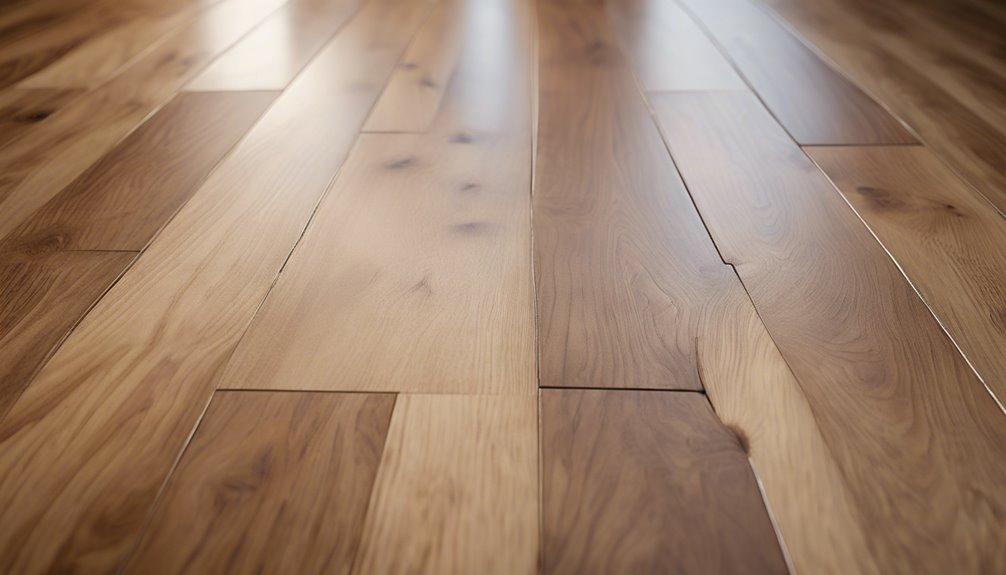
エンジニアードハードウッドは、天然木と高度な製造技術を組み合わせることで、耐久性と安定性を高めたフローリングの一種です。この革新的なフローリングは、通常、高密度ファイバーボードまたは合板を芯材とし、その上に天然木のベニヤ板を張った構造です。オーク、メープル、ヒッコリーなど、様々な種類の木材が使用されているため、お客様の美的感覚に合ったデザインをお選びいただけます。無垢材とは異なり、エンジニアードハードウッドは反りにくく、湿度の変動が激しい場所でも設置可能です。そのため、自由なデザインを求める多くの住宅所有者にとって、汎用性の高い選択肢となっています。美しさと耐久性を兼ね備えたエンジニアードハードウッドは、現代のリビングスペースに魅力的なソリューションを提供します。
構造とレイヤー
エンジニアードハードウッドフローリングは、その全体的な性能と美観に貢献する複数の層で構成されています。通常、最上層には本物のハードウッドを使用し、本物のような外観を保ちます。下層は合板または高密度ファイバーボードで構成されています。この層構成は、フローリングの美しさだけでなく、構造的な安定性も高め、反りや湿気に強い構造を実現します。コア層は強度とサポート性を高めるよう戦略的に設計されており、最上層のハードウッド層が日々の摩耗に耐えられるよう設計されています。この精巧な構造により、エンジニアードハードウッドは、耐久性や性能を損なうことなく、様々な環境で天然木の優雅さを自由に楽しむことができます。
エンジニアードハードウッドの利点

床材の選択肢は数多くありますが、エンジニアードハードウッドを選ぶことで、美しさと実用性を兼ね備えたユニークな床材をお選びいただけます。汎用性と価値を求める方にとって、エンジニアードハードウッドは最適な選択肢です。主な3つのメリットをご紹介します。
- コスト比較: エンジニアードハードウッドは、多くの場合、より低価格で無垢材のような外観を実現し、予算に優しい製品です。
- デザインオプション: さまざまな仕上げとスタイルから、ご自宅のインテリアにマッチするデザインを簡単に見つけることができ、個人的な表現が可能になります。
- 安定性: 無垢材とは異なり、エンジニアードハードウッドは反りや湿気に強いため、地下室やキッチンなどさまざまな環境に適しています。
エンジニアードハードウッドを組み込むと、長期的な耐久性とスタイルを提供しながら、空間を拡張できます。
インストール方法
エンジニアードハードウッドを選ぶことで、空間の魅力を高めるだけでなく、設置方法の柔軟性も高まります。接着剤で板材を直接下地に固定するグルーダウン工法は、安定性とシームレスな外観を実現します。この工法は動きを最小限に抑えるため、人の往来が多い場所に最適です。一方、フローティング工法は接着剤を使用せず、板材を下地から「浮かせた」状態で設置できます。この工法は設置が簡単で調整も容易なため、DIY愛好家に最適です。どちらの工法にも独自の利点がありますので、設置スペース、快適さ、そして希望する仕上がりを考慮して、最適な設置方法を選択してください。理想のフローリング環境を自由に創造しましょう!
メンテナンスとケアのヒント
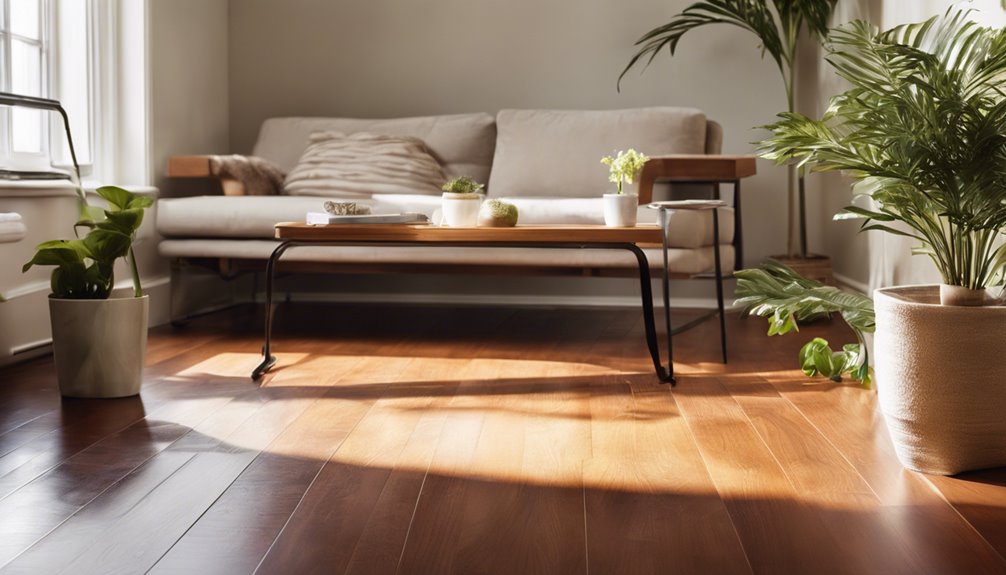
エンジニアードハードウッドフローリングを最高の状態に保つには、定期的なメンテナンスが不可欠です。効果的な清掃方法と長期的なケア戦略を採用することで、フローリングの美しさと耐久性を維持できます。
- 定期的にほこりを払い、掃除する: 柔らかい毛のほうきやマイクロファイバーのダストモップを使って、汚れやゴミを取り除きましょう。こうすることで、傷や摩耗を防ぐことができます。
- こぼれたものはすぐに拭き取るこぼした場合は、すぐに湿らせた布で拭き取ってください。床を濡らしすぎると表面が傷む可能性があるため、水に濡らさないようにしてください。
- 推奨クリーナーを使用する: 徹底的な洗浄を行う際は、エンジニアードハードウッド専用のpHバランスの取れた洗剤をお選びください。仕上げを剥がす可能性のある強力な化学薬品は使用しないでください。
よくある質問
エンジニアードハードウッドは複数回再仕上げできますか?
エンジニアードハードウッドの再仕上げをお考えなら、まるでタイムトラベラーのように、まるでクラシックなフローリングを復元したいという気持ちになるかもしれません。再仕上げは可能ですが、耐久性に懸念があります。ベニヤ層が薄いため、通常、研磨と再仕上げの回数には限りがあります。再仕上げは床を若返らせる効果がありますが、やり過ぎには注意が必要です。定期的なメンテナンスは、美しいフローリングの寿命を延ばすことにもつながります。
エンジニアードハードウッドは地下室に適していますか?
はい、エンジニアードハードウッドは耐湿性が高いため、地下室に最適です。無垢材とは異なり、家の地下階によくある湿気にも耐えられます。施工時には、湿気対策として必ず防湿シートをご使用ください。この方法は、床材の耐久性を高めるだけでなく、湿気によるダメージを心配することなく、スタイリッシュで居心地の良い空間を自由に作り出すことができます。
エンジニアードハードウッドとラミネートフローリングの違いは何ですか?
フローリングは、あなたの家の物語を彩るキャンバスだと考えてみてください。エンジニアードハードウッドとラミネートフローリングを比べると、耐久性において大きな違いが分かります。エンジニアードハードウッドは摩耗や湿気に強く、長持ちします。また、見た目も両者の違いです。エンジニアードハードウッドは本物の木の美しさを再現するのに対し、ラミネートフローリングはそれを模倣しています。デザインの自由度と耐久性を求めるなら、エンジニアードハードウッドは最適な選択肢かもしれません。生活空間にスタイリッシュさと耐久性の両方をもたらします。
エンジニアードハードウッドフローリングの寿命はどれくらいですか?
エンジニアードハードウッドフローリングの寿命は、耐久性など様々な要因によって異なりますが、通常20年から30年です。この寿命を最大限に延ばすには、定期的な清掃や過度の湿気を避けるなど、メンテナンスのヒントに従うことが不可欠です。さらに、家具の下に保護パッドを使用することで、傷を防ぐことができます。これらの点に気を配ることで、フローリングの美しさと機能性を長年にわたって享受し、快適な生活空間を自由に作り出すことができます。
エンジニアードハードウッドには環境に優しい選択肢がありますか?
はい、エンジニアードハードウッドには環境に優しい選択肢があります。持続可能な方法で調達された素材から作られた製品を探すことで、責任ある森林管理のもとで生産された木材を見つけることができます。さらに、多くのメーカーは、FSCやGREENGUARDといった環境負荷の低い森林認証を取得した製品を提供しています。これらの認証を取得した製品を選ぶことで、空間をより豊かにするだけでなく、地球環境の保全にも貢献し、安心してフローリングを楽しむことができます。

